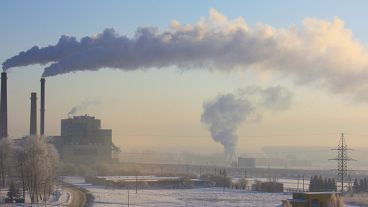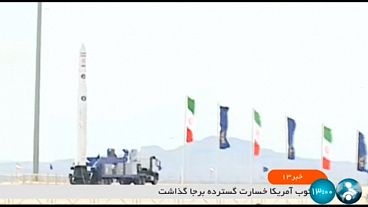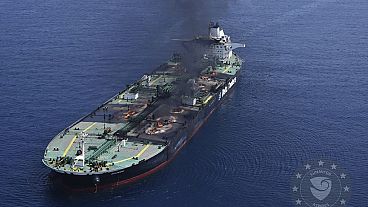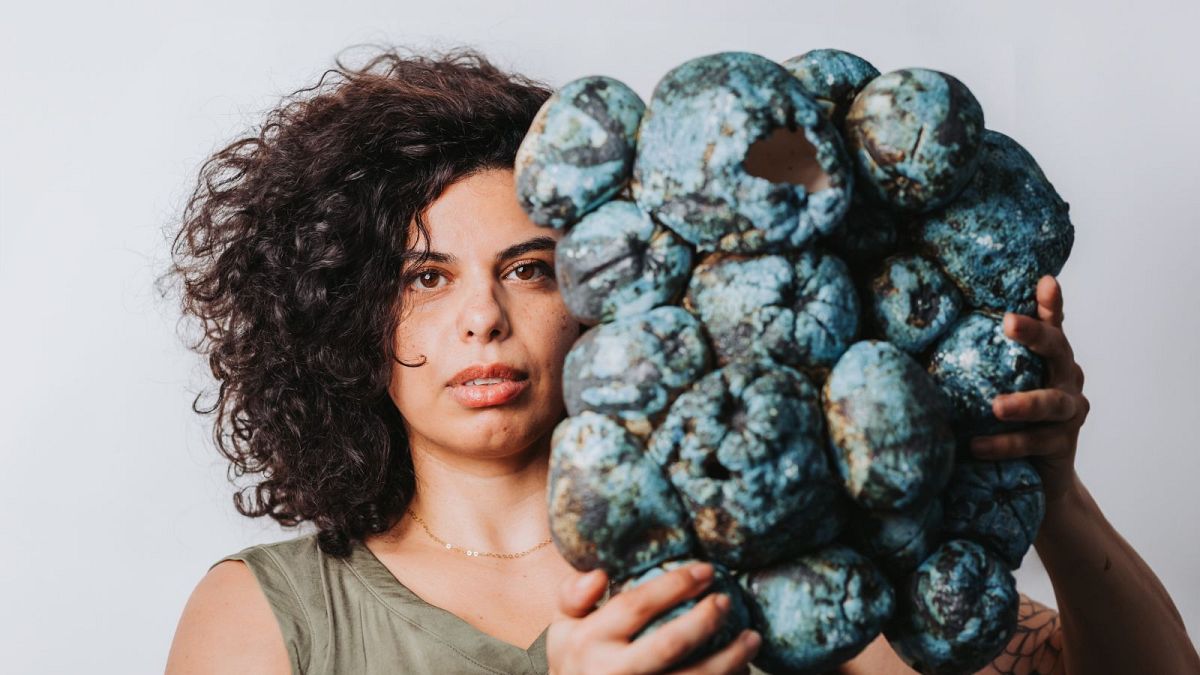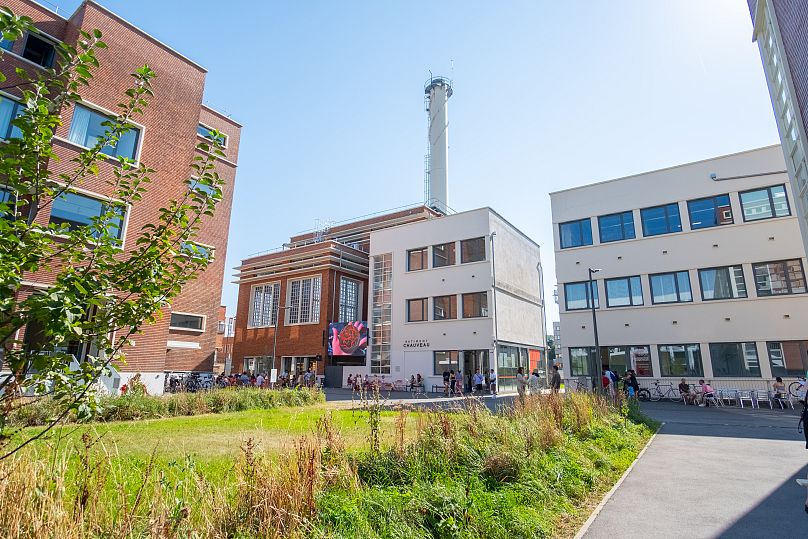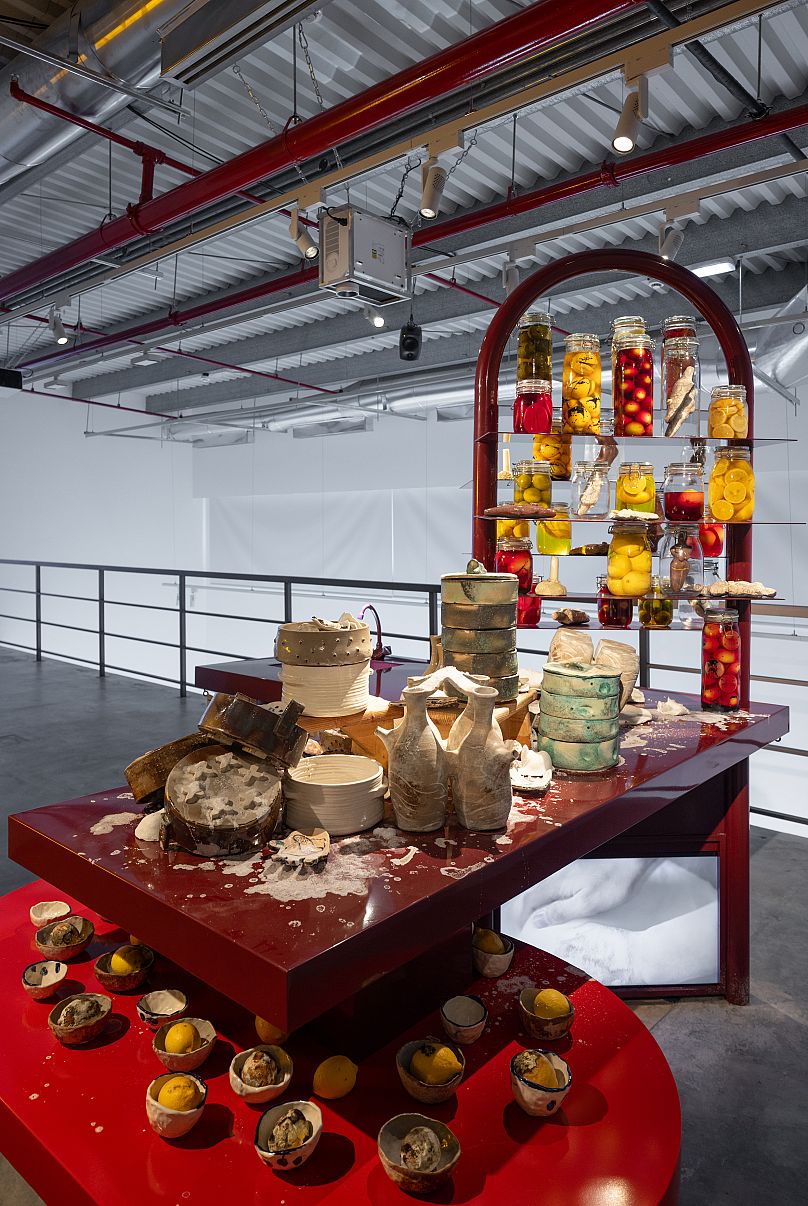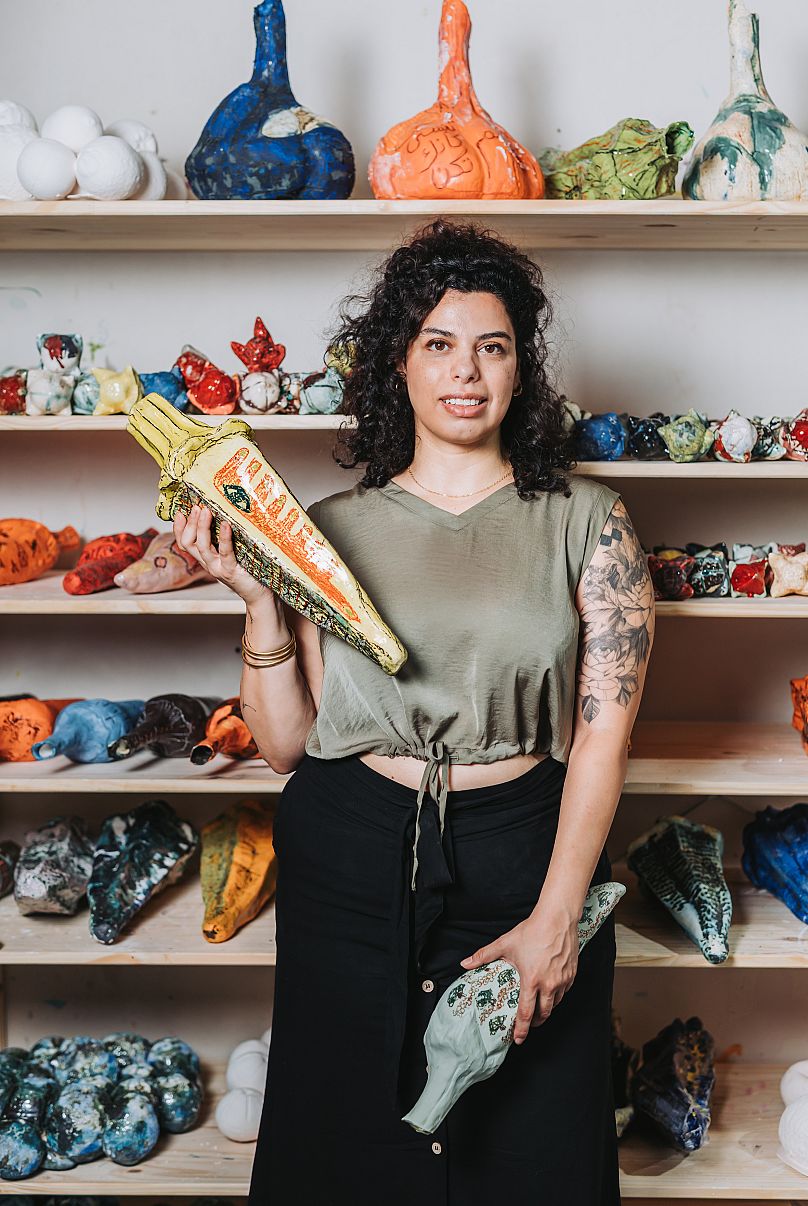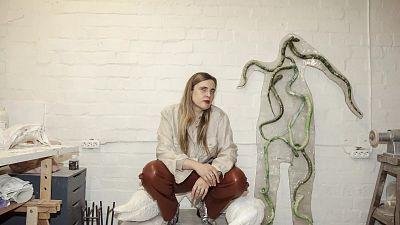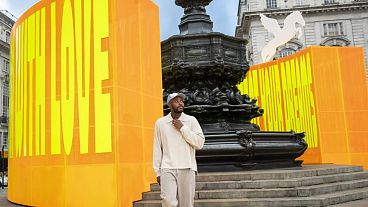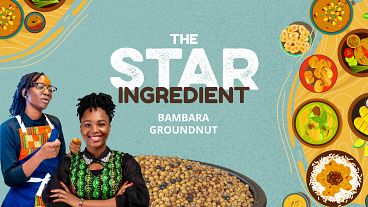Bamieh’s Sour Things show is the inaugural exhibition at Dubai gallery NIKA Project Space's new Paris outpost, opening 8 September.
Beyond the Périphérique in the eastern suburbs of Paris, the Romainville neighbourhood is becoming something of a creative hub.
The newest member of its Komunuma arts district is arriving all the way from Dubai – NIKA Project Space will open the doors of its new Paris location next month.
“The ethos of Komunuma, which means ‘community’ or ‘commune’ in Esperanto, resonates deeply with NIKA Project Space’s mission to amplify the voices of artists from lesser-known regions of the world, and to broaden the borders of the art world,” says founder Veronika Berezina, highlighting the gallery’s commitment to centring voices from the Global South.
In line with this undertaking, NIKA Project Space is launching this first international outpost with an exhibition by Palestinian artist Mirna Bamieh.
Hailing from Jerusalem and building on a background in culinary arts, in ‘Sour Things’ Bamieh offers a poignant reflection on themes of memory production and loss – particularly with regard to food cultures, but with far broader implications.
The show includes both new and recent works from her ‘Sour Things’ series. Among these are 'The Pantry', a co-commission between NIKA Project Space and the Het Noordbrabants Museum in the Netherlands, which sees Bamieh harness the process of fermentation to reflect on displacement and uprooting; 'The Staircase', hanging oversized ceramic sculptures of flavour-rich ingredients like garlic, chilli, and cloves, covered with childish drawings; and ‘The Wall’, a citrus ceramic installation drawing on decay to understand loss and grief, particularly in relation to the Palestinian experience of war and displacement.
Euronews Culture spoke with Bamieh about food as an artistic medium, the power of recipes as a tool of resistance and, of course, her fascination with fermentation.
What makes food cultures and recipes so precious that they are worth working to revitalise?
Recipes are story carriers – the voice of the people, of resistance, of daily life, and a way for people to survive despite what is happening around them, particularly for nations like Palestine. Now we see in Gaza how food stories and recipes are the ones that are giving the glimpse of hope; they're the ones that reflect the true resistance of the people outside of the media machine. I think food as a medium is a tool that really is more intimate, and I do believe in the importance of creating intimate histories from the people themselves.
How has your Palestinian and Lebanese background impacted your desire to tell stories and bring life to disappearing food cultures?
Growing up, food was always very present in our house. My mother got married quite young, and she learned how to cook when she moved to Palestine from Lebanon to be married to my father. She was constantly on the phone with my grandma, trying to learn those home recipes. She was creating her own home, her own family, with that thread to Lebanon through the phone with my grandma, but as well, she was processing missing her family… That opened the space of the table to be a very vibrant space of discussion, of experimentation. Food was nourishment for my mom, but it was an identity creator for her… also this conversation between Palestine and Lebanon and this juggling of those two countries that she found herself negotiating.
With your background in food, at what point did you think of bringing the art and culinary worlds together in your work?
I went to culinary school in 2017. My practice was video installations at that point, and I was travelling doing residencies and producing bodies of work from my ‘studio’ – which was my laptop, which can, and often did, simply stop working at any moment. So, I needed materiality, a certain grandness in my practice. I also missed working with people… that social community aspect. That led to the creation of ‘Potato Talks’ (live art performances that see narrators tell personal stories while peeling potatoes) and Palestine Hosting Society (melding food and storytelling via staged dinner performances). I have been working with notions of experience since I started making art, and that continued with my work with food. It just changed mediums.
How did you first become interested in the process of fermentation?
I started getting more seriously interested in fermentation during Covid. Actually, my mental, physical and emotional reaction was to build a pantry when the world felt uncertain and I found myself in the kitchen, just freezing things, fermenting things and creating all sorts of preservation techniques. I think it was a very primal reaction to uncertainty. I was doing lots of reflection, and that resulted in making a 20-minute film called ‘To Jar’, about practices of preservation when the future is uncertain.
Actually, what fascinates me is how fermentation is an action of transformation that somehow is initiated by humans, but then goes beyond their control and their predictability, there are always surprises happening in the jar. You cannot fully control what the bacteria is doing inside the jar, what kind of transformation it's going through. On the other hand, what fascinates me is decay. So this completely uncontrolled environment for produce, to change and transform in relation to the environment, into relation to the air when it's exposed.
How do you think fermentation links to the broader themes of your work (e.g. disappearance, memory)?
For ‘Sour Things’, I take fermentation and then I look deeper into it. I go closer to the processes that happen, and then from that I create links to my body, to my environment, to my story, but also to life, to relationships – everything. Each space of ‘Sour Things’ focuses on one section of an apartment, but it's not the architectural aspect of it.It’s about the guts of the space: the guts of the bed, the guts of the pantry, the guts of the kitchen, the guts of the washroom, the guts of of the wall.
How does that link to disappearance? It's the invisibility of what happens inside the jar that links to disappearance. What I like about fermentation is that it gives me this international, global aspect. I really like to look at different modes of preservation that different cultures used to practise in relation to their climate, which is a knowledge that we are losing.
It is disappearing, the knowledge around fermentation, unfortunately – and with it, our sensibility and understanding and connection to what is outside of us, to nature, to the world, and to each other as well. Everything is linked.
Is there a work in this show that is particularly personal to you?
All the pieces in ‘Sour Things’ are the fruit of 2024 and all the things that I went through: moving out of the country, witnessing the war, having to leave my family, finding myself in Lisbon, working on my residency papers, and not knowing when I'll be able to see my family.
I think these pieces saved me: mentally, physically and emotionally. They made me understand and process trauma. Without them, I don't know how I would have been able to handle things.
I believe that artists make art that sometimes they don't fully understand sometimes. I do believe that art is bigger than the artist. What excites me about making art is that I really create from my guts, and that transforms into material, literally, ceramics and big spaces. And then when I witness the work like everyone else, although I'm the creator, it says things to me that I didn't know before, and that opens the space for the future works so and that's what's rich about being an artist; is this different kind of knowledge creation, not only for the world, but the artists for themselves.
‘Sour Things’ by Mirna Bamieh is on at NIKA Project Space in Paris from 8 September-27 October 2024. The gallery will also present a solo booth of the artist’s work at Asia Now in October.

